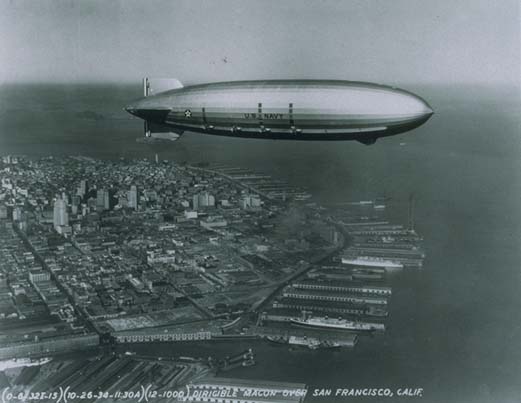. . . and yes, there was a body, but that’s a different story. Solomon talks about the Alabama shooter, before she moved to Alabama:
By now you’ve heard all about the University of Alabama shooter, Amy Bishop, the shooting rampage, the old murder she got away with (the “cover-up” and the connection to now retiring Congressman Bill Delahunt), the letter bomb she likely sent…
Turns out I have a tenuous connection to this woman. You see she used to be the next door neighbor of a good friend of mine in Ipswich (a north shore Boston suburb) for a few years. At the time I used to hang out at his house quite a bit. This was one of those typical suburban neighborhoods with little traffic, lots of kids, smallish houses fairly close together without a lot of fences.
I remember when the previous neighbor moved out it wasn’t long before my friend started complaining. He had a deck in the back of his place that was effectively on the second floor making it very visible to the neighbor’s yard and house. So one day I go over to find that he had erected a wooden privacy fence on the side of the deck facing their yard — and only on that side. So I’m like, “Uhh…isn’t that a little uncomfortable. I mean it’s obvious you put that there just to block only those people.” He tells me he does…not…care. He doesn’t want to look at them, and he doesn’t want them to look. He hates them, as does the entire neighborhood.
Our bad neighbour issues weren’t quite as bad, although we did feel like we were escaping when we finally did move out. And we did have to provide emergency first aid to a severely wounded man who staggered to our front door one night (he eventually died, but not officially of his wounds from that incident). He’d been partying at our neighbour’s house, and an argument got out of hand. But, so far as I know, our bad neighbour didn’t leave a trail of multiple bodies . . .




